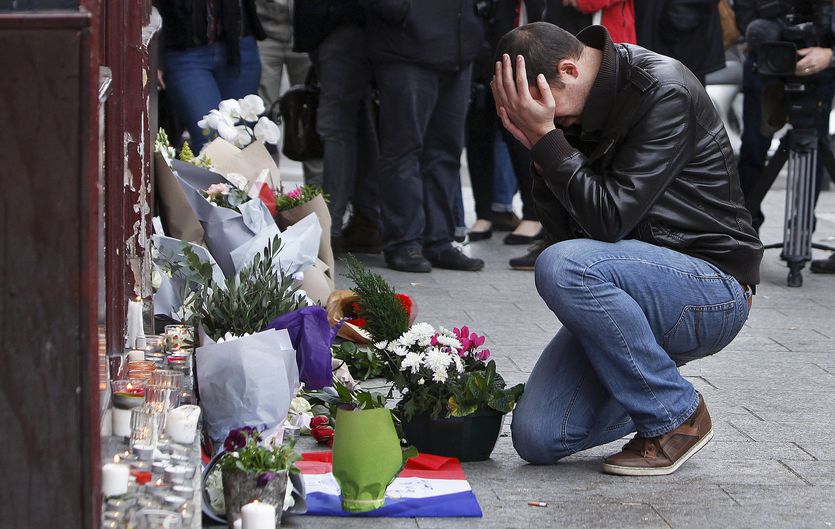With the horrific slaughter in Paris last Friday, there has been much discussion not only about ISIS, terrorism, and Islamic extremism, but also about boarders, immigration, assimilation, and the nature of society. Europe has become a continent of progressive dreams: a secular, irreligious conglomeration of welfare states. If President Obama could snap his fingers, America would be exactly the same. If you want to get to the heart of the issue, a piece by Samuel Gregg at The Witherspoon Institute called, “The End of Europe,” would be a good start. Gregg looks at Europe today through the thoughts of General Charles de Gaulle, to whom Europe was essentially a spiritual and cultural heritage. Get rid of the heritage, and Europe as we know it is gone. The essence of the problem is the progressive reluctance to embrace assimilation:
Imagine a Europe unafraid of insisting that it has a specific culture rooted in Judeo-Christianity and the various Enlightenments into which newcomers are expected to assimilate. Migrants entering such a continent would be likely to develop specific expectations of what it means to be European. Contrast this with a Europe that affirms the self-evidently false claim that all cultures and religions are basically the same, or that refers endlessly to diversity and tolerance but roots such things in the contemporary cult of non-judgmentalism. The first Europe doesn’t require newcomers to become believing Jews, Christians, or fledging philosophes. It does, however, have a basis for explaining why those unwilling to accept this culture should look elsewhere for a permanent home. By contrast, the second Europe can have no principled objection to significantly diluting or even abandoning Western culture in the name of tolerance.
The terrorists who killed and maimed hundreds last week in Paris come from exactly that second Europe. The progressive insistence on unlimited immigration, and their unwillingness to think critically about foreigners not assimilating in America, could lead us down that same path. Of course the liberal animus toward Western civilization in general and the American experiment in particular could logically lead us to such a “second” America. They don’t believe America is anything special or that America’s ideals are worth protecting. Again Gregg says it well:
European nations are not unfamiliar with large-scale internal migrations or even with considerable numbers of migrants arriving from outside their borders. Indeed, former European colonies such as America, Canada, Australia, and New Zealand illustrate how immigration can benefit host nations. But failure or even unwillingness to maintain control of sovereign borders is another thing altogether. Europe is now paying—and will continue to pay—a high price for this. Why, however, protect sovereign borders when you’re unwilling to say that Europe means anything at all beyond non-judgmentalism, an autonomy devoid of serious ends, and easy access to bountiful albeit increasingly unaffordable welfare systems—all presided over by a political class that promises everything to everyone as long as they remain in charge? Put another way, which of these things is actually worth protecting, let alone promoting?
As we can see from the 21st Century Democratic Party, promising everything to everybody is exactly what animates them. If Americans choose the presidential candidate with the D beside her name next year, we will not be surprised when Europe’s enervation comes to America.


